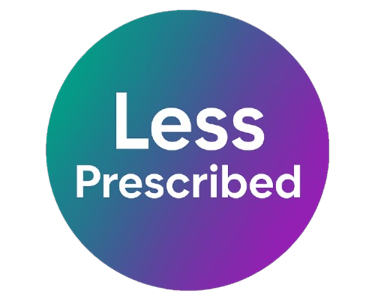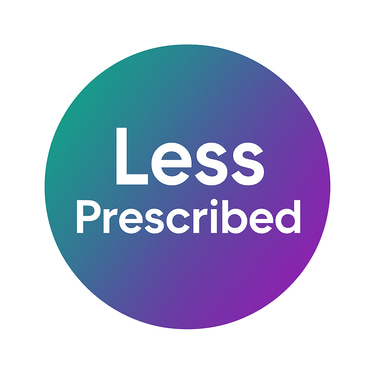The Hidden Toll of Opioid Fear: When Pain Relief Becomes a Risk
In the effort to fight America’s opioid crisis, new laws and guidelines have reshaped how doctors treat pain. While the intentions behind these policies were good — to reduce addiction and save lives — the reality for many chronic pain patients has been far more complicated. Every day, people living with legitimate, diagnosed pain are finding themselves without the medications they relied on for years. And increasingly, doctors are facing a difficult dilemma: follow the rules or relieve the suffering in front of them.
LessPrescribed Editorial Team
11/7/20252 min read


When Compassion Collides With Compliance
Over the past decade, medical professionals have come under growing pressure to prescribe fewer opioids.
Federal oversight, insurance reviews, and even fear of investigation have led to a culture of caution.
For many doctors, it’s not about doubting their patients — it’s about protecting their careers.
A single complaint, even if unfounded, can trigger audits, legal reviews, or license suspensions.
So, out of fear, some stop prescribing altogether. Others drastically reduce doses, even for patients with long-standing pain management histories.
It’s not a lack of compassion — it’s survival in a system that often punishes empathy.
Patients in the Middle
For patients, the impact is deeply personal.
They aren’t seeking euphoria — they’re seeking function: the ability to work, sleep, cook, or simply walk without agony.
But when a doctor says, “I can’t prescribe this anymore,” it doesn’t just take away medication — it takes away a sense of control, stability, and dignity.
Some patients report feeling labeled or judged, even after years of responsible use.
Others find themselves navigating withdrawal symptoms, untreated pain, or depression — all while being told that the system is “protecting” them.
“My doctor wasn’t the enemy,” one patient shared on LessPrescribed.com.
“He cried when he told me he couldn’t continue my treatment. He was scared, not uncaring.”
The Consequences We Don’t Talk About
When fear drives medicine, people get hurt in silence.
A growing number of studies now link sudden opioid discontinuation to increased suicide rates, declining mental health, and a loss of functional independence.
The CDC itself revised its guidelines in 2022, warning that forced tapers and blanket policies can do more harm than good.
But many systems haven’t caught up — leaving doctors unsure, and patients feeling forgotten.
Finding a Better Way Forward
It’s time for a more balanced approach.
Policies should protect against misuse without punishing pain.
Doctors should feel empowered to make individual decisions based on patient history, not fear of repercussions.
And patients — the people actually living with chronic pain — should have a voice in the conversation.
Platforms like LessPrescribed exist for that exact reason: to share experiences, highlight real consequences, and push for a healthcare model built on trust, not fear.
You Can Help
Change starts with awareness.
If you’ve experienced barriers to treatment, or if your doctor reduced or stopped your pain medication out of fear, your story matters.
By sharing it, you give a voice to thousands of others who feel invisible in today’s healthcare system.
This website sheds light on their experiences, the ethical dilemmas faced by healthcare providers, and the policies driving these decisions.
Our goal is to foster understanding, balance safety with compassion, and give a voice to those affected by
the unintended consequences of reduced opioid prescribing.
Contact Info.
quick links
© Copyright 2025 Less Prescribed. All rights reserved. Privacy Policy


+1-786-218-3490
United States of America
